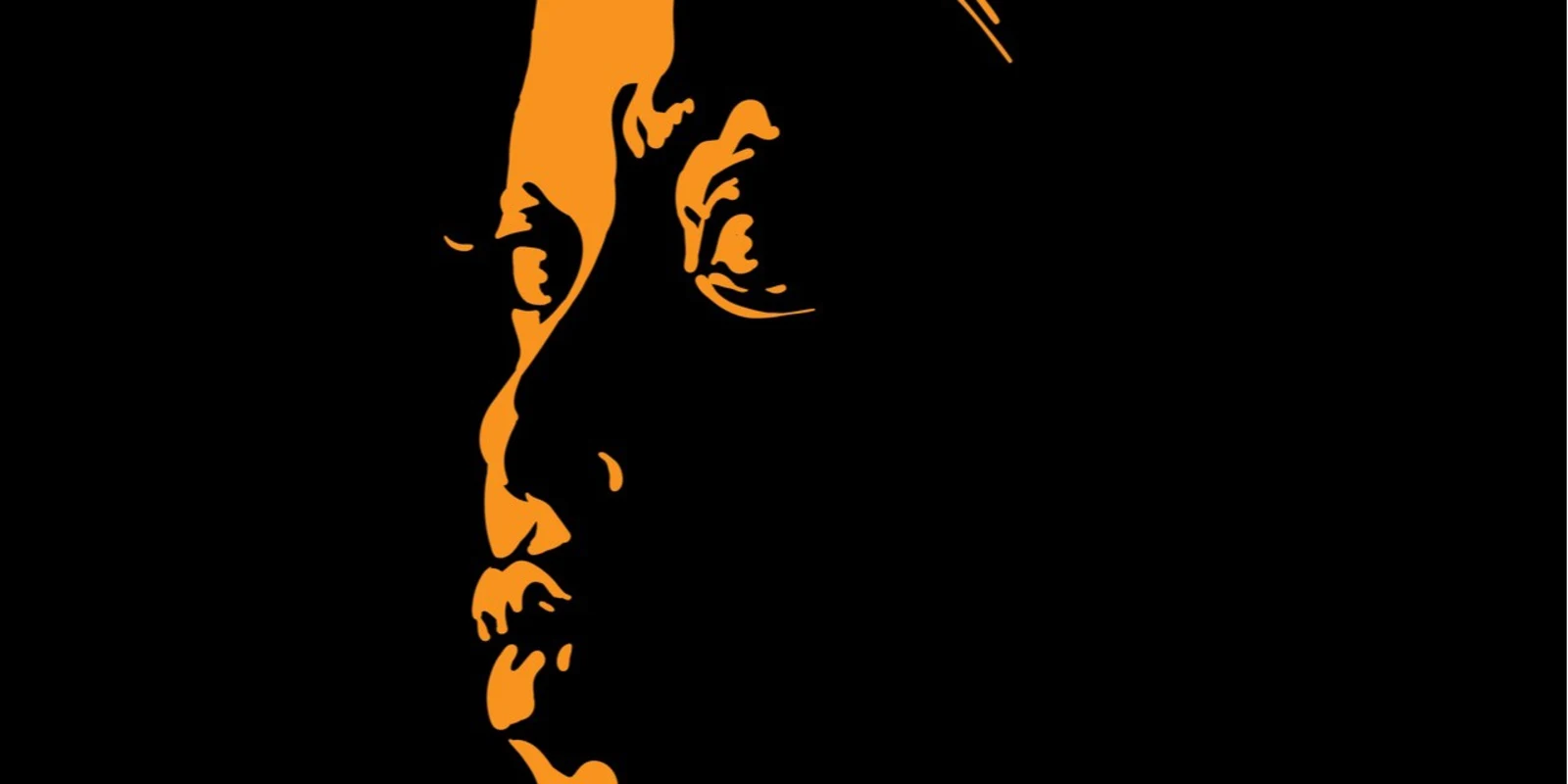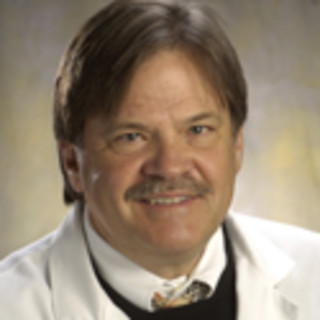
A recent op-ed piece in the New England Journal of Medicine, written by a fourth-year medical student, Mr. Leo Eisenstein, suggests that physicians should organize to fight burnout. The student reminds us that burnout was described by Dr. Herbert Frudenberger in 1974. Dr. Frudenberger opined that the root of professional exhaustion was the result of monotony and also caring for patients whose illness results from the consequences of socioeconomic disadvantage and marginalization.
Mr. Eisenstein believes the crux of burnout is individual powerlessness to assist the disadvantaged.
Maybe.
But I suspect the root cause of physician burnout today, is much different than that of 1974.
When I was a fourth-year medical student, burnout was the furthest thing from my mind. I was excited and nervous over the prospect of taking care of patients and being responsible for their lives. I saw myself as the physician hero that Mr. Eisenstein believes is extinct.
I refuse to accept this.
To me being a hero, or really a consummate patient advocate is my way of preventing burnout and definitely monotony. It has worked for forty years.
A case comes to mind (patient’s identity obscured):
I attended a young African-American woman who developed a severe illness, survived, and was restored to health. However, she developed a complication of the treatment and suffered facial deformities.
She told me that when she left her apartment, she wore a surgical mask. When she spoke of her facial scarring, tears flowed from her eyes to be pathetically absorbed by the mask.
“Can’t you help me?” she asked.
“I’ve called your HMO,” I said. “They said your policy doesn’t cover cosmetic surgery.”
“This isn’t a nose job I’m asking for. I want my life back. If it wasn’t for my daughters, I’d have ended all this.”
“Are you suicidal?”
“Yes, but don’t give me Zoloft, don’t give me Prozac, get my face fixed. I won’t go through this much longer. I’m barely hanging on.”
“Please, don’t do anything. I’ll think of something. If only I could get the HMO doctors to see the problem.”
“Why won’t they examine me?”
“It’s easier to say ‘no’ over the phone.”
She left the office, she neglected to put on her surgical mask, people in the waiting room stared.
My wife works in the office, she took me aside, squeezed my arm firmly and said, “Do something, whatever it takes, do something.”
“Her HMO won’t pay for cosmetic surgery.”
“This isn’t right.”
“I have a stack of denials for the past year, and she is suicidal and would have done something if it wasn’t for her two little girls.”
“This is no longer cosmetic.”
“It is on paper,” I said.
She wept.
* * *
My wife was relentless in getting the woman help. She was not used to dealing with prior authorizations, out of network issues, doesn’t meet admission requirements, not approving ordered tests, financial accreditation of physicians, DRGs, peer to peer reviews but the other “peer” didn’t see the patient-just the EMR, the forced labor of EMR and its specious “meaningful use” qualifier.
She is a lay person who believes patients should get the care the doctor prescribes.
“You are naïve,” I said.
She was silent then said, “Call the NAACP.”
“What?”
“You heard me.”
She was resolute.
“If you don’t call, I will.”
I knew she would.
I got the phone number of the HMO patient helpline. I dialed and got a recorder. I waited for the “your call is important to us, please leave a message after the tone…”
“This is Dr. Kroneman, my patient needs help. I have been trying to get her cosmetic surgery for over a year. This African-American woman needs surgery and you have denied her. You have two hours to call me back, or I will call the NAACP and see if they can help.”
Within minutes the phone rang.
“Hello,” I said.
“Who am I speaking with?” the voice on the other end said.
“To whom am I speaking?” I asked.
“This is the medical director of the HMO.”
“I’m Dr. Kroneman.”
“Did you just call threatening to involve the NAACP?”
“That’s me.”
“I don’t like to be threatened.”
“It’s not a threat. It’s a courtesy call.”
“You’re angry.”
“Damn right I’m angry. I don’t like you jacking my patient around.”
“What do you mean, jacking the patient around?”
“It’s an expression for making her fill out forms and making me write letters knowing all along you won’t approve her surgery. I’ve been trying for a year. She is horribly disfigured.”
“I have reviewed her policy. She is not covered for cosmetic procedures.”
“If you saw her. If you knew her before — if you had a heart, you would have approved this a year ago.”
“I have a heart.”
“If so, would you examine her?”
“I have reviewed her case. She is not covered.”
“Listen,” I said. “My friend is a plastic surgeon. He goes all over the world, fixing children with cleft palates in third world countries. He said he would do her surgery for free.”
“No,” he said.
“I’m going to drop the dime on you.”
“What do you mean, ‘drop the dime’?”
“It’s an expression for calling the NAACP.”
“Look, I’m a brown man, and I know prejudice.”
“I’m a Danish white guy, but I can’t determine if you’re prejudiced or not because you denied the patient care without seeing her. You had no idea she was black until I informed you of my intent to call the NAACP. I’ll give you a pass on prejudice.”
“You’re playing the race card.”
“Your words, not mine.”
“Will they listen to you?”
“Are you willing to take that chance?”
“Okay,” he said. “I’ll approve this.”
“Don’t you want to see her? Get a good look at her face?”
“No.”
“I want a date and time and approval number.”
“I can’t give you the date.”
“I’m a reasonable man. Just give me the approval number.”
“Okay.”
He gave me the number.
“Dr. Kroneman, I just want to say you are a difficult man, with no tact, and no bedside manner.”
I didn’t know that bedside manner was relative to this conversation but let it go.
“When my bedside manner gets really bad, I’ll become a director of an HMO, just like you.”
He hung up.
I got my approval number and she got her surgery and her face back.
All is well.
The medical bureaucracy can be cruel and impersonal. But it is well funded and organized as evidenced by the tragedy of doctors employed to work for corporations that sabotage the efforts of other doctors who actually examine and care for patients. This is an indictment of our profession’s willingness to accept the violation of previously sacrosanct medical tradition.
I am not proud of the conversation. I don’t like confrontation. I definitely would have called the NAACP. It is a shame.
David Bowie sang it, “We can be heroes.”
In today’s healthcare environment, we must be heroes.
Olaf Kroneman, MD, is a nephrologist at Henry Ford Hospital. He graduated from the Michigan State University College of Human Medicine, interned at the Mayo Clinic in Rochester, Minnesota, then attended the University of Virginia to complete a residency in internal medicine. He completed a fellowship in nephrology at Massachusetts General Hospital and Harvard Medical School. His work has appeared in literary magazines. He is also a 2018–2019 Doximity Author.







